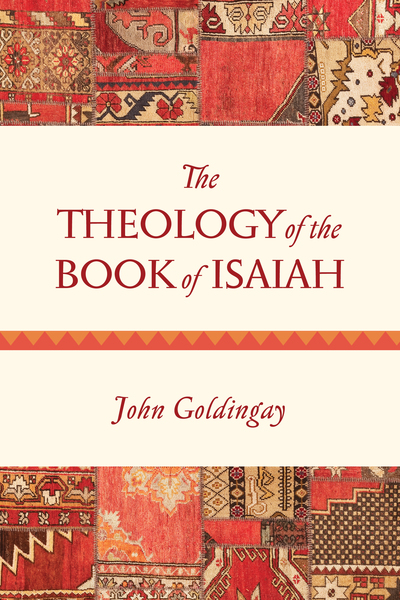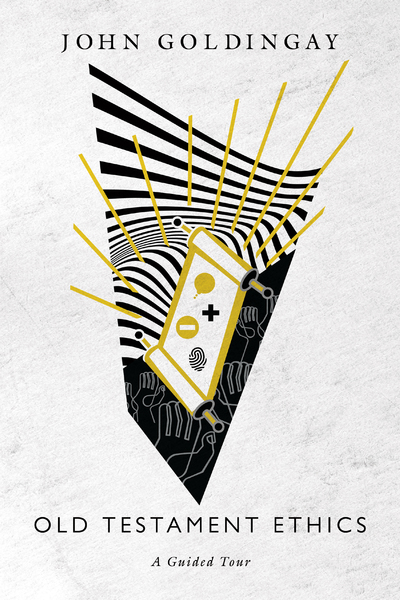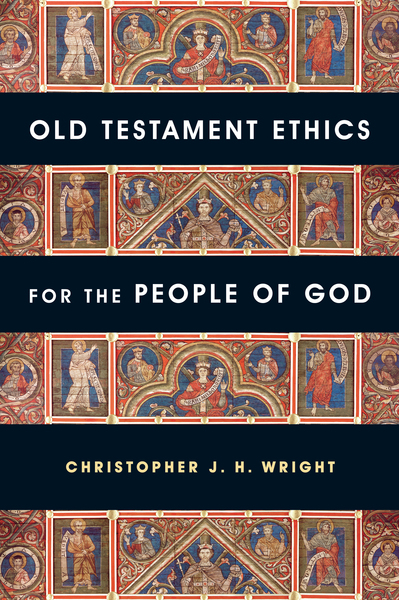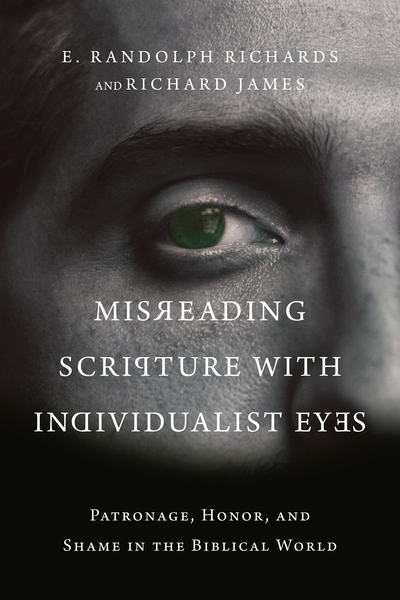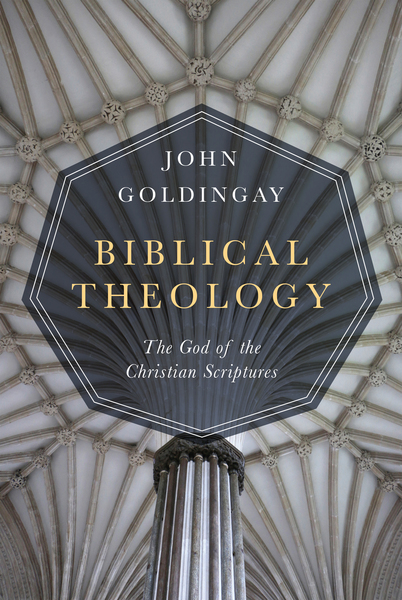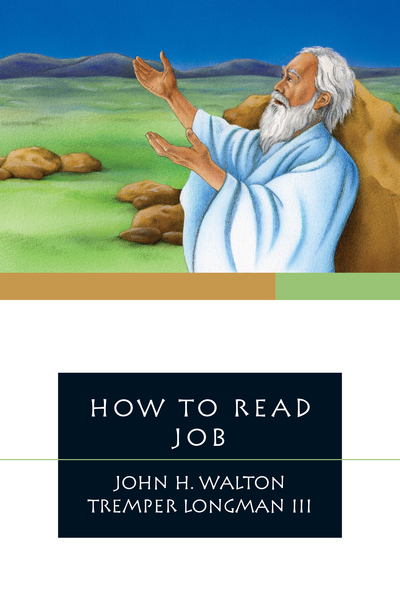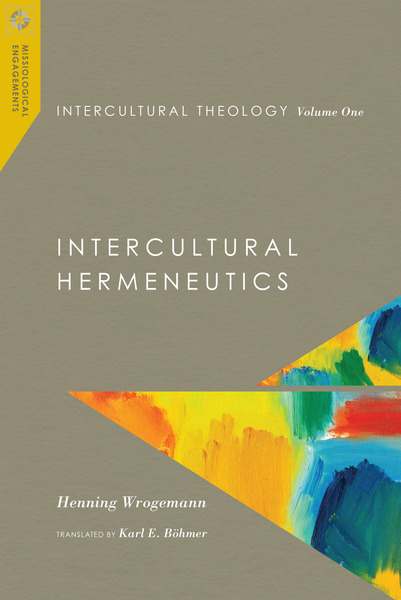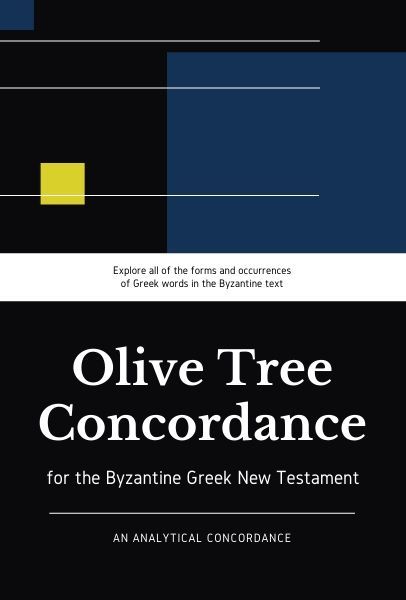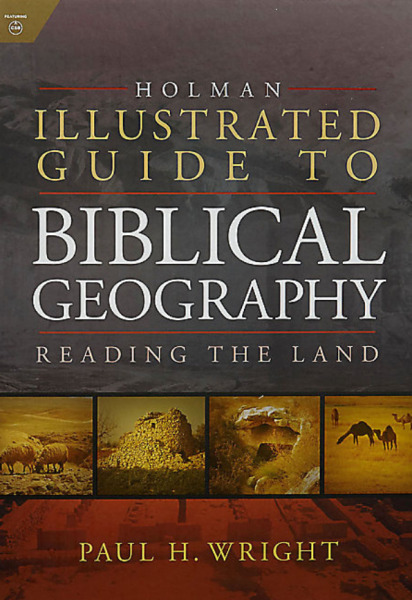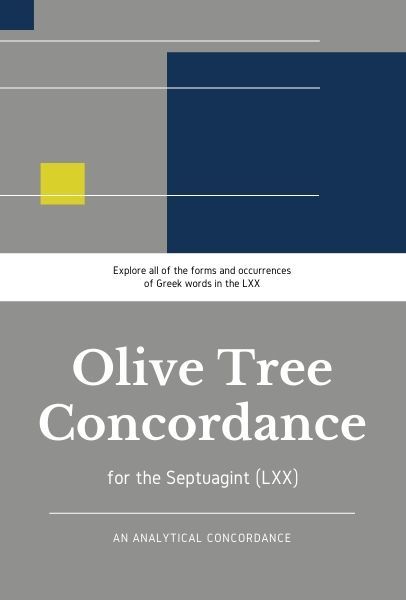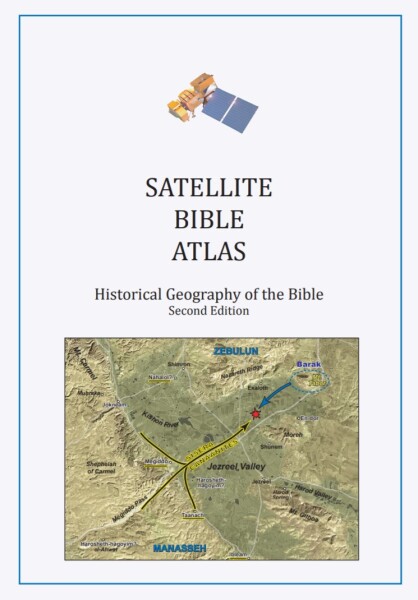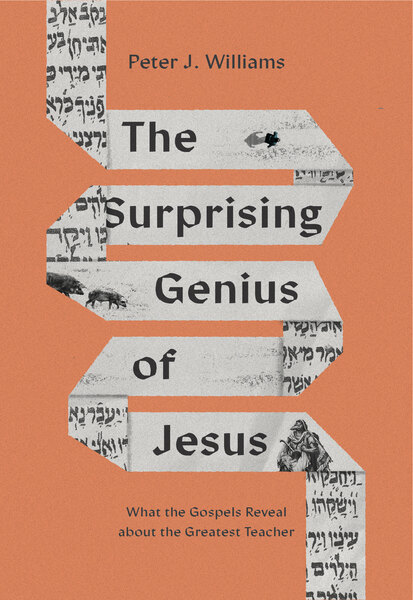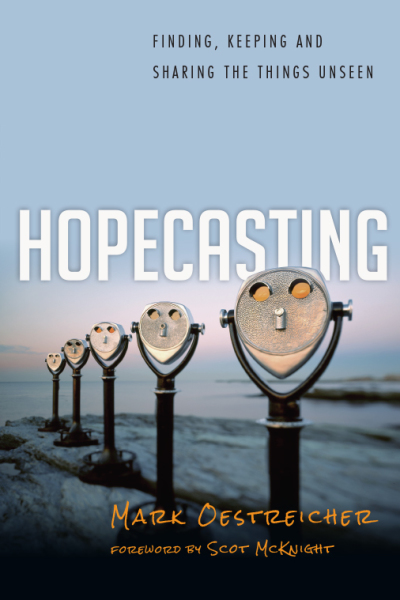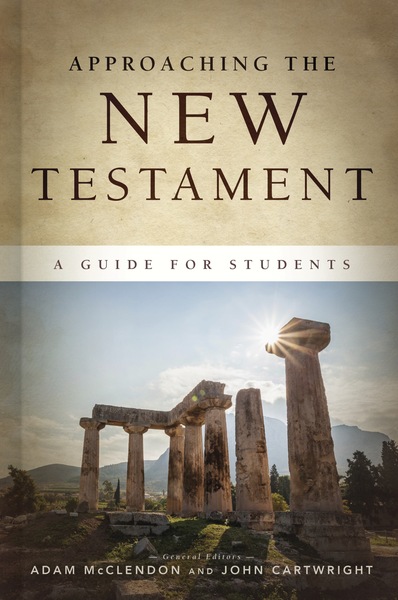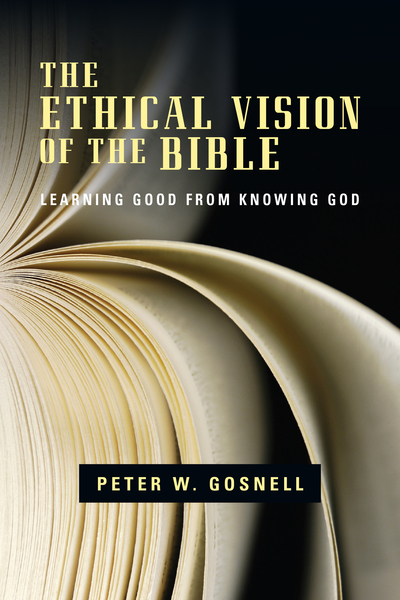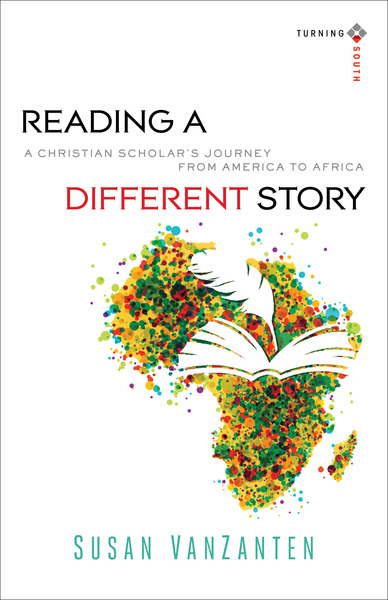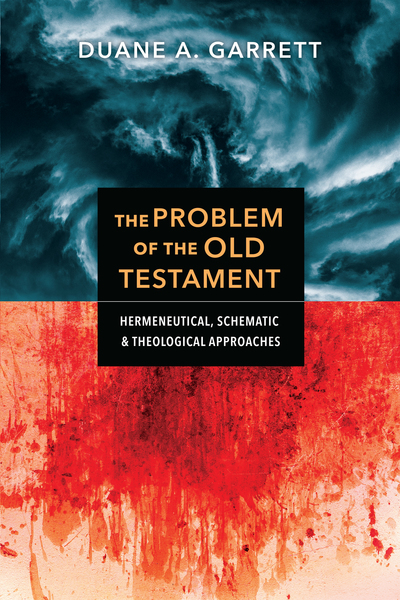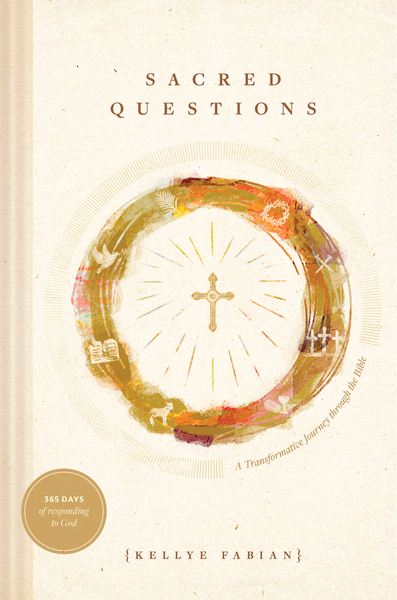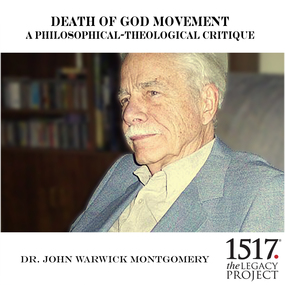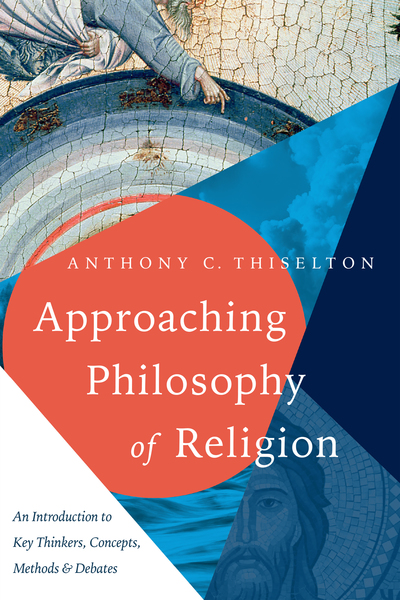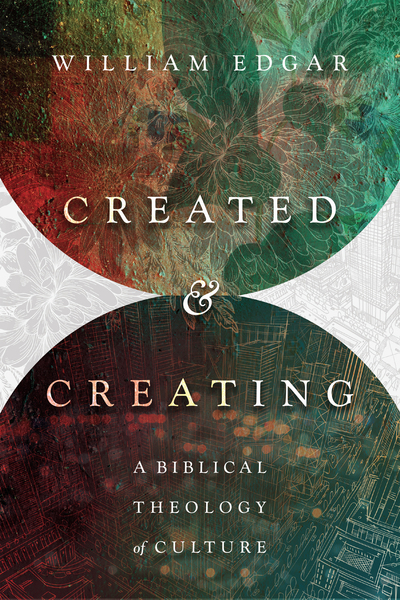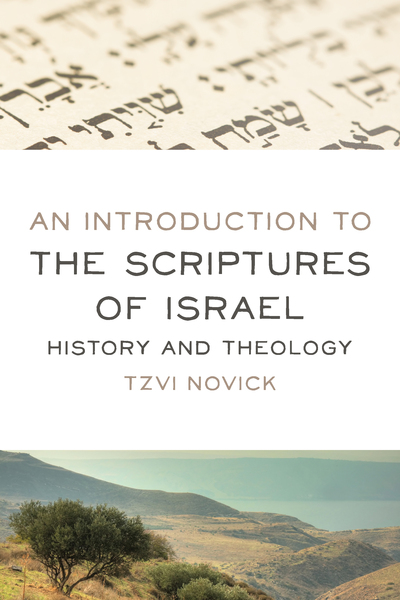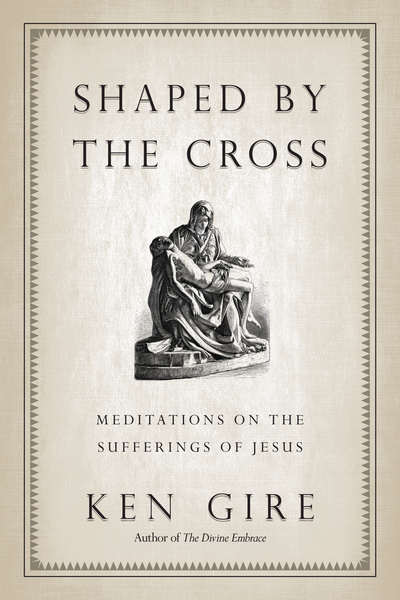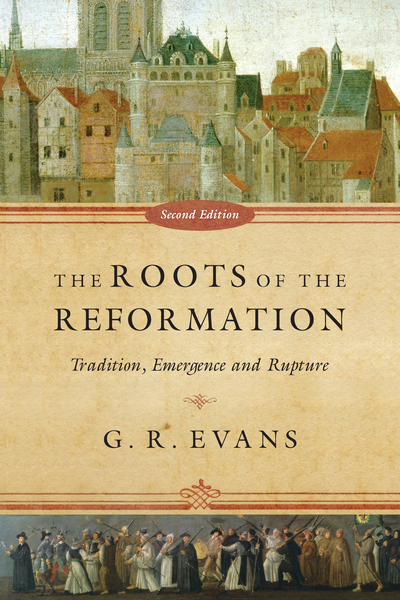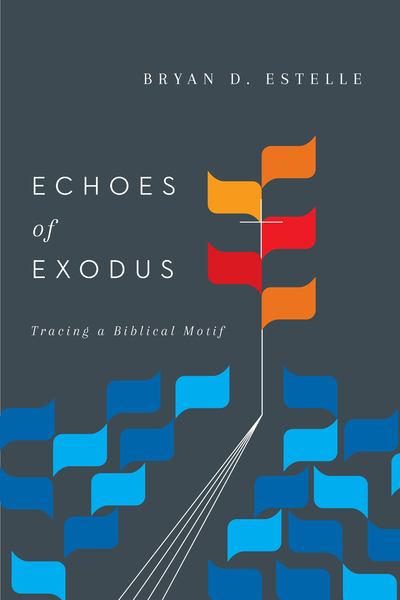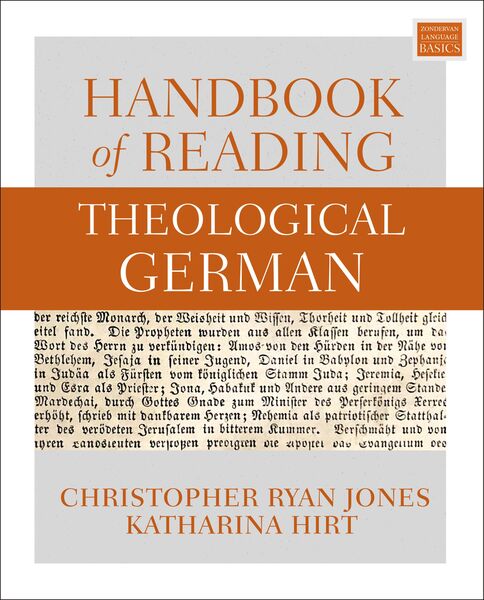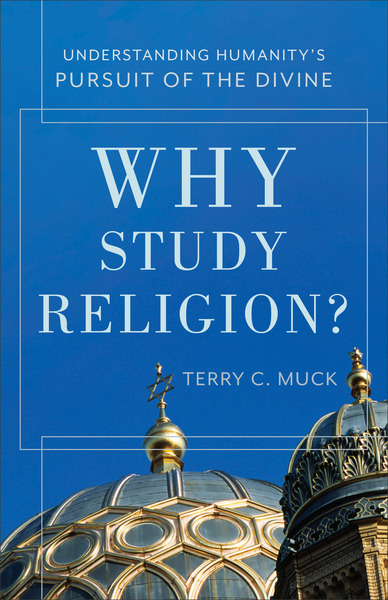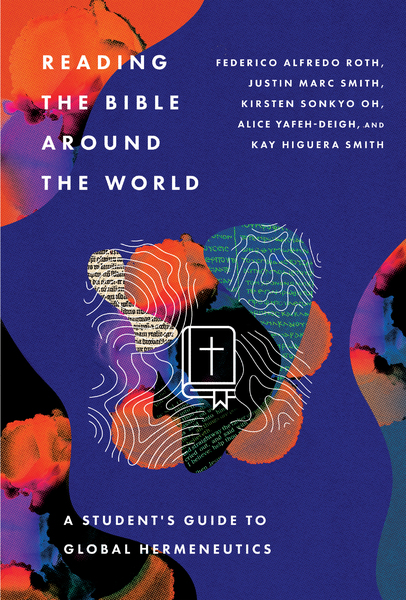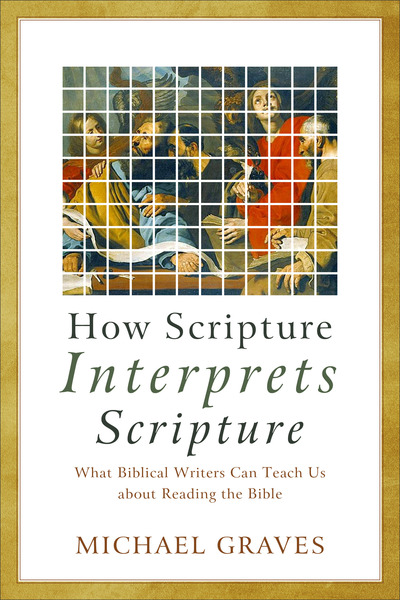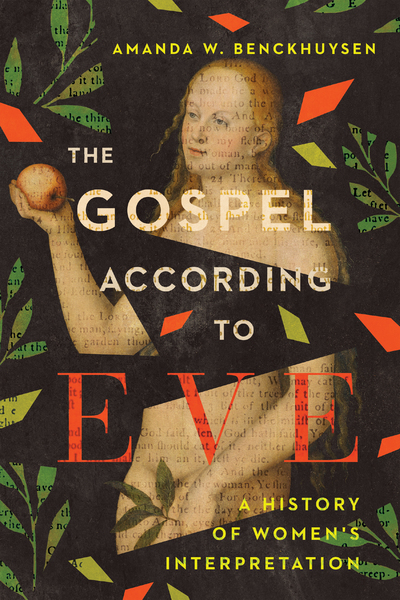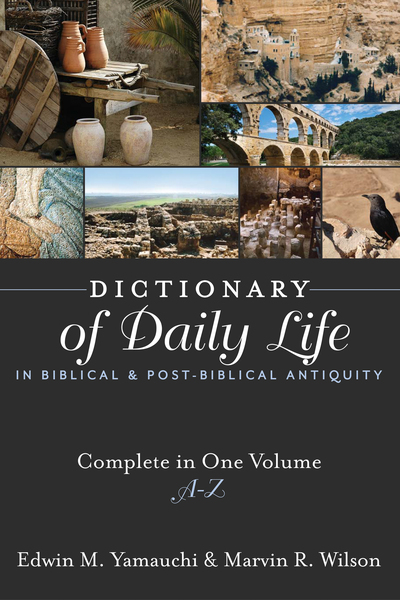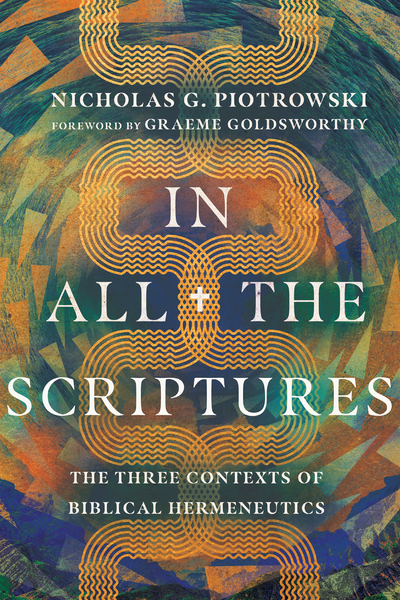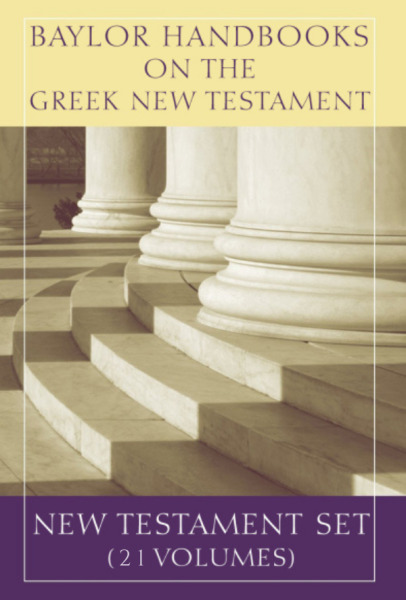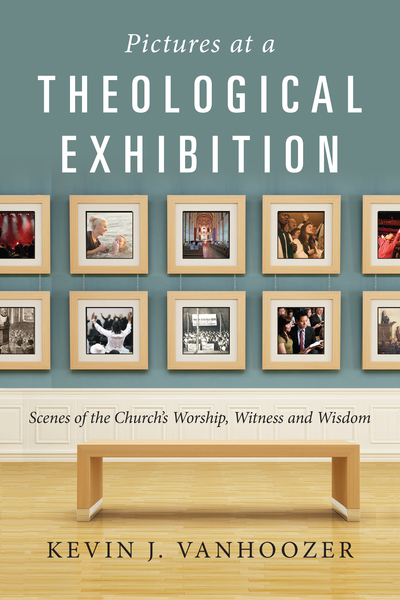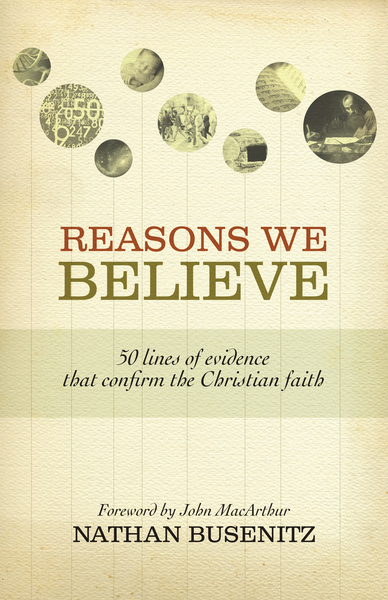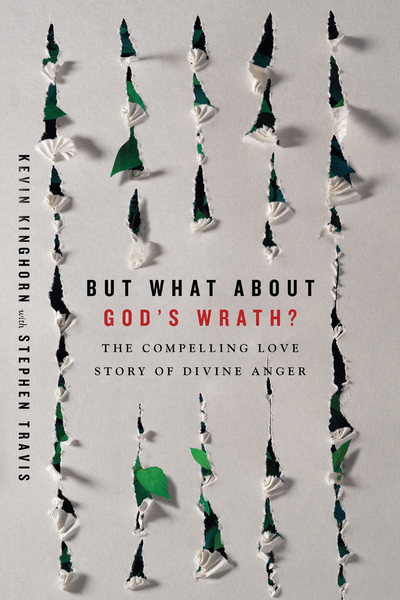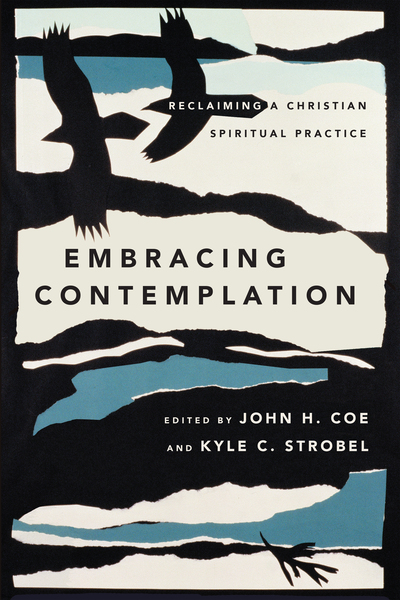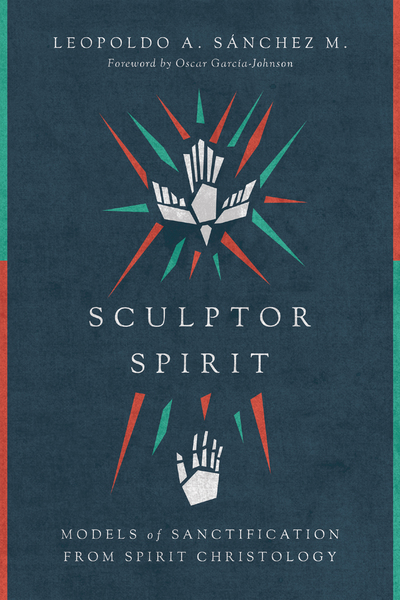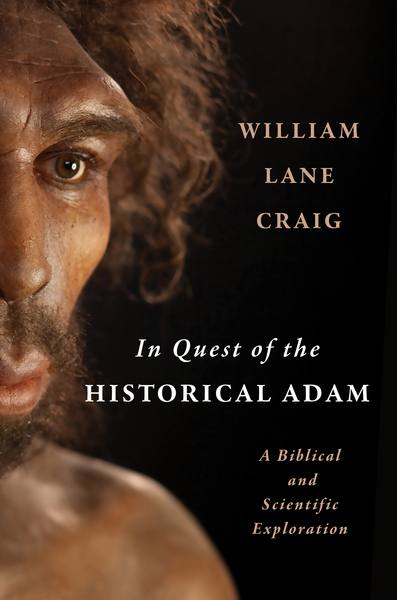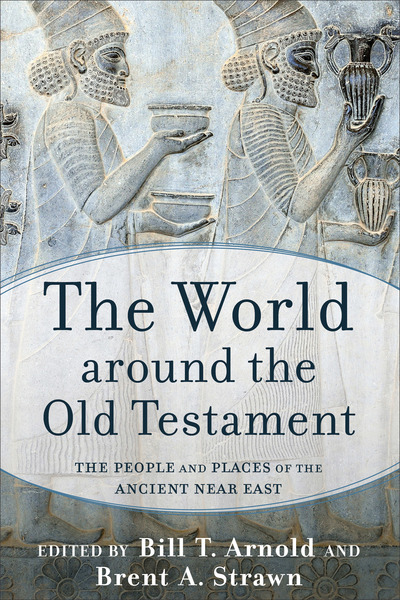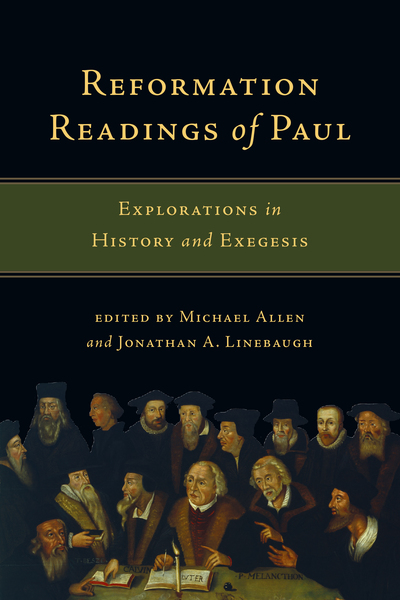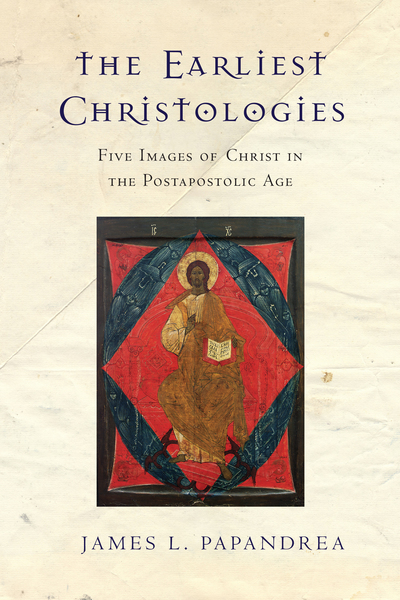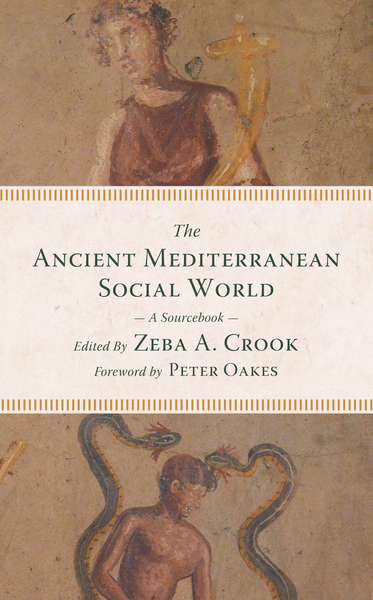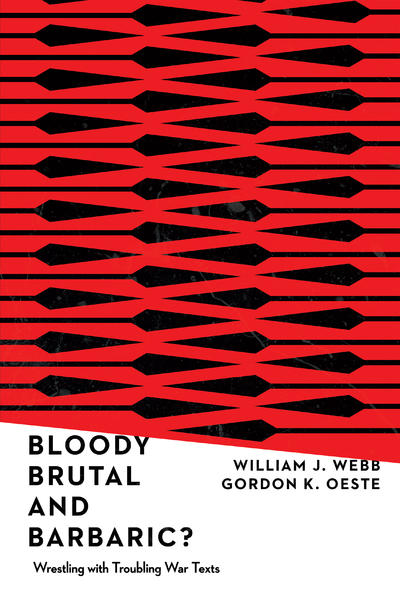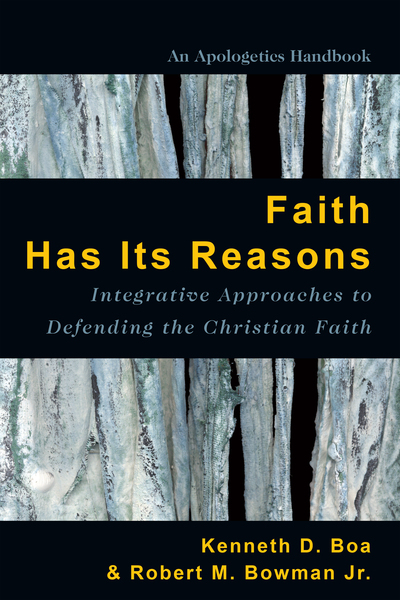

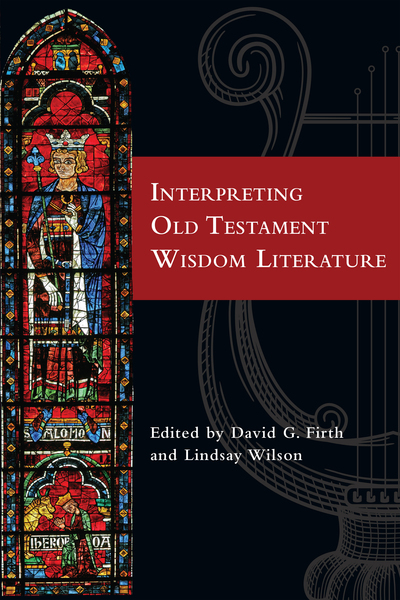
Interpreting Old Testament Wisdom Literature

Interpreting Old Testament Wisdom Literature
In popular perception, Wisdom literature is a "self-help" or "philosophy" section of the Old Testament library—the odd and interesting bits of canonical mortar between History and Prophets. Themes that are prominent elsewhere in the Old Testament receive only scant attention in the wisdom books. Proverbs, Job, and Ecclesiastes focus on everyday life rather than on God's special dealings with the nation of Israel. But Old Testament scholarship has come to see the wisdom of the wise as reflecting an aspect of the Israelite worldview, not something totally foreign. The covenant beliefs are presupposed, even if rarely rising to the surface. Wisdom must be learned from parents, teachers, and friends, but it is ultimately a gift from God—not primarily intellectual but intensely practical. The issues addressed—justice, faith, wealth, suffering, meaning, sexuality—are highly relevant today.The focus of this volume is on both wisdom books and wisdom ideas. The first section surveys recent developments in the field of Old Testament wisdom, and the second section discusses some issues that have arisen in Proverbs, Job, and Ecclesiastes, and examines the Song of Songs as a wisdom text. The final section explores wisdom in Ruth, in some Psalms, and in the broader field of Old Testament narrative (from Joshua to Esther), while also examining wisdom, biblical theology, the concept of retribution in wisdom, and the vexed issue of divine absence.The following contributors are featured:
- Christopher B. Ansberry
- Craig G. Bartholomew
- Lennart Boström
- Ros Clarke
- Katharine J. Dell
- David G. Firth
- Gregory Goswell
- Ernest C. Lucas
- Brittany N. Melton
- Simon Stocks
- Lindsay Wilson
